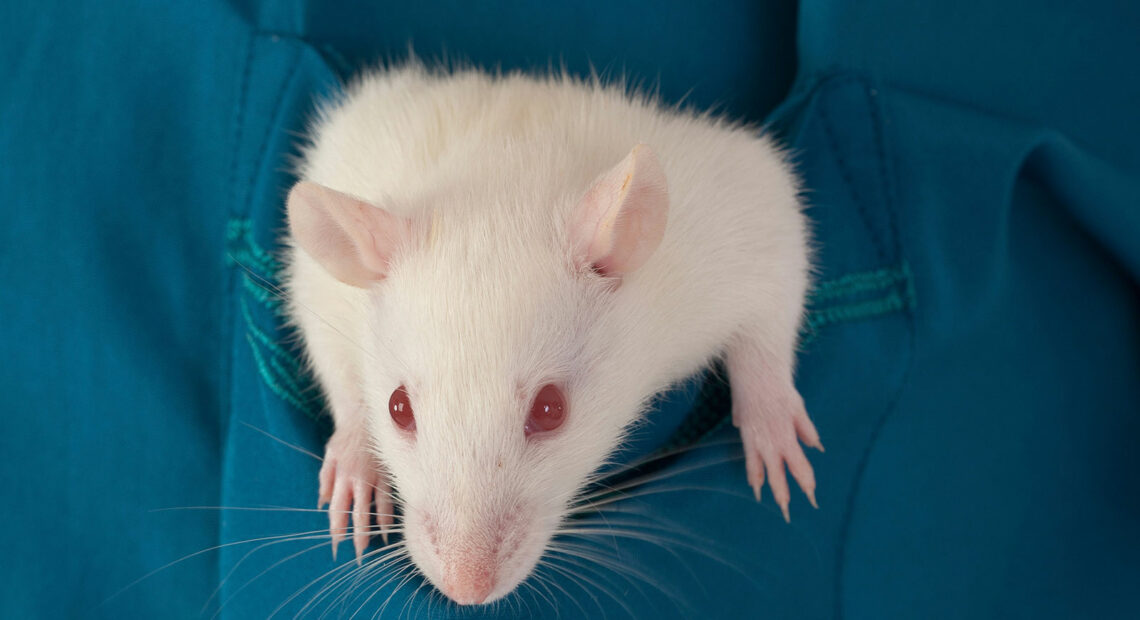The Popularity of Rodents as Test Subjects: A Closer Look

When it comes to scientific research and testing, rodents have long held a prominent position as preferred test subjects. From laboratories to pharmaceutical companies, these small mammals, including mice and rats, are extensively utilized for a variety of studies. In this blog, we will explore the reasons behind the popularity of rodents as test subjects and the unique advantages they offer to researchers.
- Availability and Ease of Handling: Rodents, particularly mice and rats, are widely available, relatively inexpensive, and easy to handle compared to larger animals. They have shorter lifespans, reach sexual maturity quickly, and produce large litters, allowing researchers to work with numerous individuals in a shorter span of time. These characteristics make rodents a practical choice for studies requiring a large sample size.
- Genetic Similarity to Humans: One of the key reasons for the widespread use of rodents in scientific research is their genetic similarity to humans. Mice, for instance, share approximately 95% of their genetic makeup with humans. This similarity enables researchers to study various aspects of human biology, including diseases, genetics, and drug responses, using rodents as models. By manipulating their genes, scientists can gain insights into human genetic disorders and develop potential treatments.
- Short Lifespan and Fast Reproduction: Rodents have significantly shorter lifespans compared to humans, which means researchers can observe the effects of certain interventions or treatments over a relatively brief period. Studying diseases or treatments in rodents allows for quicker results and insights into potential outcomes. Additionally, rodents have a short gestation period and can produce large litters, facilitating the study of genetic inheritance and reproductive biology.
- Ethical Considerations: Using animals for scientific research raises ethical concerns, and researchers strive to minimize the use of animals whenever possible. Rodents are often preferred due to their small size and lower cognitive complexity, leading to the perception that their use in experiments causes less suffering compared to larger mammals. However, it is important to note that ethical guidelines and regulations are in place to ensure the welfare and ethical treatment of all animals involved in research.
- Well-Established Research Tools and Methods: Rodents have been extensively studied over decades, leading to the development of a wide range of tools, techniques, and standardized protocols for working with them. Researchers can access a wealth of knowledge and resources on rodent biology, behavior, and genetics, making it easier to design experiments and interpret results. The availability of established tools and methodologies contributes to the continued popularity of rodents as test subjects.
Rodents, particularly mice and rats, have become widely accepted and popular test subjects in scientific research. Their availability, ease of handling, genetic similarity to humans, short lifespan, fast reproduction, and well-established research tools and methods contribute to their widespread use. While the use of animals in research raises ethical considerations, regulations and guidelines are in place to ensure their humane treatment. With ongoing advancements in technology and research methods, scientists continue to rely on rodents to provide valuable insights into various fields of study, ultimately contributing to advancements in medicine, genetics, and other areas of scientific knowledge.
Picture Courtesy: google/images are subject to copyright













